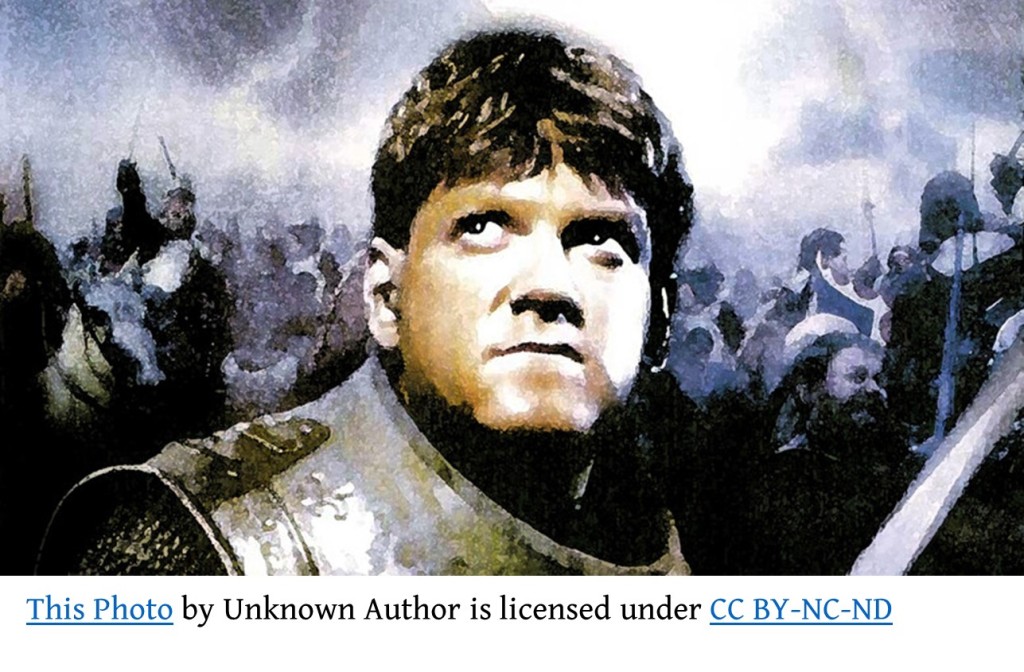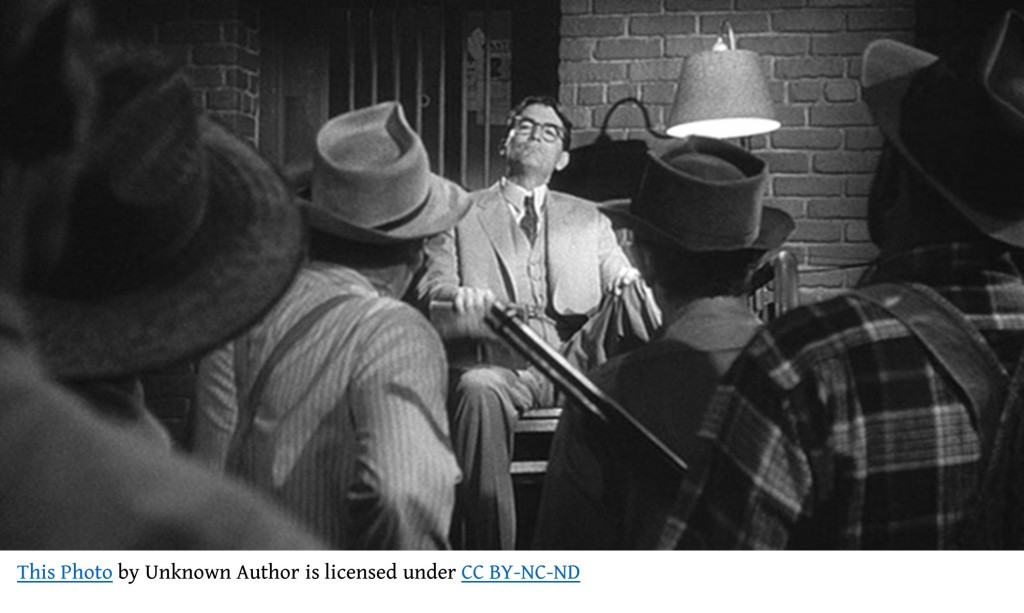A good friend, who is also a Front Porch Podcast Producer and an Unofficial Patron Saint, asked me to write about what it’s like to face death daily. That sounds melodramatic, and I don’t intend it that way. I’m not a police officer, firefighter, or member of the military. People don’t make any special effort to kill me. I’m just not that important. I have little of value to steal. The studio setup would probably get you a few dollars at a Pawn Shop. There’s certainly not enough to risk going to prison for the rest of your life, or, worse, having Speedy Shine jump on you. If you try to pick him up, he’ll probably bite you. We’re working on that. I have some PetSmart virtual training coming up in a couple of weeks.
Nevertheless, I do, in fact, have to recognize that if I lose balance, I can die before I even finish writing this episode. We covered the details of diabetes last week, and I’m not going to go through them again beyond the context you need to understand this. Please refer to “The Tightrope of Diabetes,” which is Episode 197 if you’re scrolling through the show looking for it.
Diabetes is not the only danger I face. I haven’t been able to feel my feet in nearly seven years. I can fall, and if I’m not careful, I will. I might be lucky enough not to hurt myself too seriously, and perhaps I’ll be able to get up again, but that is by no means certain. I no longer have the rubber bones we all seem to have when we’re toddlers. Mine are old and brittle, ready to snap at the earliest opportunity.
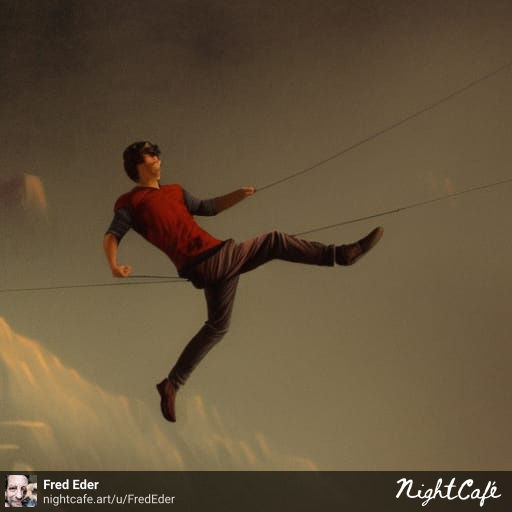
I live alone, so if I’m unable to get up, unless I have my phone on me, I will just lie there until someone decides to come and check on me. Stephanie, my best friend, certainly would, but it could be as much as 24 hours before she did. In that time, it would be simple to slip into either DKA or a coma. Either way I would be equally dead.
DKA, for a brief review, is Diabetic Ketoacidosis. This occurs when your blood sugar gets too high, (at least 250 milligrams per deciliter, which is the measurement used in America, and 11.36 millimoles per liter in The UK) and your body begins to throw off ketones. I usually need to get above 400 before I’m in trouble. You may be different. These can be measured by peeing onto a special strip. The darker the strip turns, the worse shape you’re in. DKA will dehydrate you, and if you don’t stop it in time, you will begin to vomit, thereby further dehydrating yourself. Without hospitalization, you will surely die an ugly death. When they take you to the hospital you’re unreasonably thirsty, and they won’t give you any water because you’ll just throw it up and make things worse. They hook you up to IVs to start repairing all the damage. I can’t begin to tell you how little fun it is to be hooked up to IVs.
If your blood sugar gets too low, (below 70 mg/dL is dangerous, below 54 mg/dL is severe) you’re no longer able to think coherently. While I know, right now, that if my numbers drop, I need to eat, when it gets too low, I may not know that anymore. When it gets low enough, I’ll slip into a coma. I had a friend who died this way. My former roommates saved me from that several times. I live alone with Speedy Shine now.
I’m not overstating the case when I say I face the possibility of death daily.
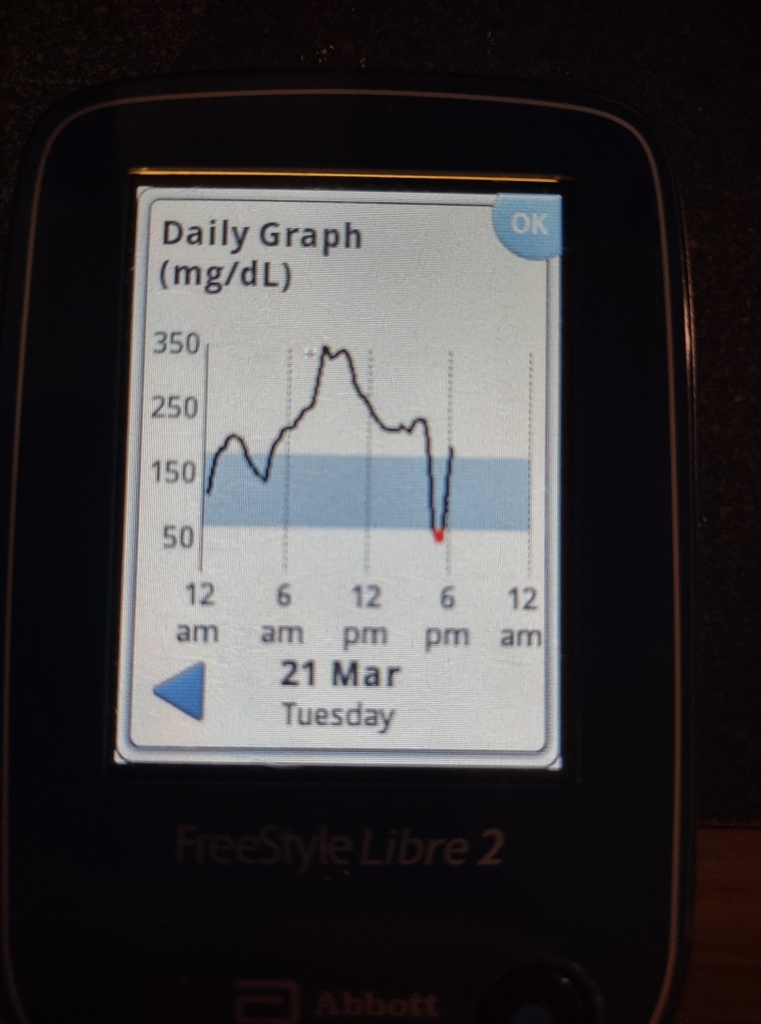
My friend wanted to know how I manage this. I think it’s worth discussing because, once again, I’m not unique in this struggle. There are more than half a billion of us on Earth right now. One of us dies from diabetes every 5 seconds. There is a wealth of diabetes information in the link below.
First, for me, it’s about acceptance. I’m the least Christian person you probably know, but there is one prayer I love above all others. Just as “Shine,” by Sara Niemietz and Snuffy Walden, is my favorite hymn, this is my favorite prayer.
Attributed to Reinhold Niebuhr, Lutheran theologian (1892–1971)
God, grant me the Serenity to accept the things I cannot change,
the Courage to change the things I can,
and the Wisdom to know the difference.
I can’t tell you a thing about God. You can find billions of others for that. I can tell you, though, that serenity, courage, and wisdom are essential for me.

Serenity
The first step is accepting that I can’t change my diabetes. I checked on Amazon, and it turns out they don’t have a new pancreas to replace mine. They don’t have new legs to replace mine, either, so I need to continue to be as careful as I can.
Death is one of the few things that truly is inevitable. The healthiest human on Earth, with all the best medical care, is still going to expire within less than 2 centuries. There is nothing to be done to change that… at least right now. I keep hoping for a world in which science finds a way for us to all live indefinitely. I believe it’s possible. I don’t believe we’re there yet. I don’t believe we’ll make it within my lifetime. I’ve heard of a little baby named Layla. She’s the granddaughter of my coach. I hope she gets to live indefinitely. I hope all her ancestors will, too.
“I do not fear death. I had been dead for billions and billions of years before I was born, and had not suffered the slightest inconvenience from it.”
― Mark Twain
I can’t find evidence Twain actually said this. Lots of sites attribute it to him, but I was unable to find the book, or lecture, or letter in which he said it. Whether he said it or not, the point is worth considering. Death is a natural state.
I feared it when I was a child. I used to have dreams of lying in my coffin, completely unable to move, while worms worked their way inside it and inevitably consumed me, excruciatingly slowly, bit by bit. As I grew up and began to understand death a little more clearly, it dawned on me that I couldn’t possibly suffer in the way I did in so many nightmares. There will be no Fred there to experience it. Whatever it is that makes me Fred will be absent when my heart stops beating and my brain shuts down. I will be a computer that has been turned off. I can’t be turned on again, regardless of the Genesis song. (If you haven’t ever heard “Turn It On Again,” you really should find it on Spotify.) I’m not Teddy. All that said, I’m still hoping to be cremated. I would like my ashes dumped into San Francisco Bay near the place we end up putting my parents’ ashes when the time comes.
There’s a line from Katherine Hepburn has in On Golden Pond…
Oh… it feels odd. Cold, I guess. Not that bad, really. Not so frightening. Almost comforting. Not such a bad place to go. I don’t know!
— Ernest Thompson from his screenplay, 1981
I feel that way. I know it will happen, and to a certain extent it will be a relief. I can’t get in trouble anymore. I don’t have to worry about whether anyone likes my writing or listens to my show. I don’t need to seek any longer the sexual satisfaction that diabetes has stolen from me. And from that, I draw…
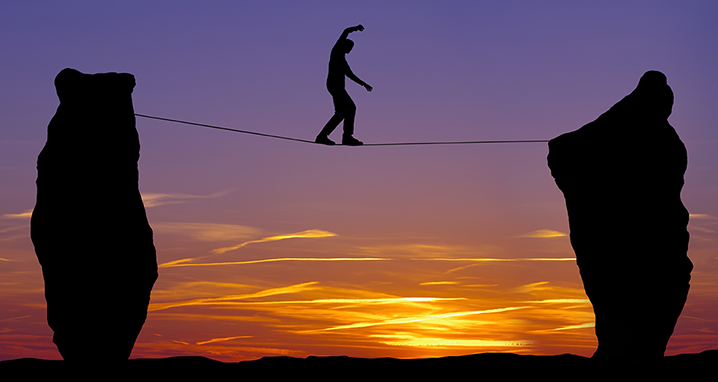
Courage
I’m not a fool. I recognize that I’m in peril every day. While I was writing this my Continuous Glucose Monitor (CGM) went off to tell me my blood sugar was perilously low. I should eat dinner, but I’m deep into my writing session, and I don’t want to stop right now. I went to the bathroom and got some glucose tablets. They’ll buy me enough time to finish this… I hope. I hate to stop when the words are ready to come out. If I stop them, I can’t necessarily just turn on the faucet again.
Courage isn’t being without fear. It’s being able to recognize that fear and keep it from keeping you from doing what you know you should be doing. In my case, what I should be doing is writing and recording as much as I can as quickly as I can. I want to make all the difference I can before I can’t anymore. I live by the words of Emily Dickinson:
“If I can stop one heart from breaking”
By: Emily Dickinson
If I can stop one heart from breaking,
I shall not live in vain;
If I can ease one life the aching,
Or cool one pain,
Or help one fainting robin
Unto his nest again,
I shall not live in vain.
Emily Dickinson
I don’t have any heroism in the traditional sense in me. I won’t be rescuing a baby from a burning building. I couldn’t even get inside of a building of any sort without some kind of help. The only thing I can do to improve the world is what I’m doing every single week on this show. I’m talking about ways to improve the world in the hope that someone, somewhere, will respond. I’m hoping someone will make the changes I can’t.
Supposedly, Albert Camus said, “To believe you can change the world is insanity; failure to try is cowardice.” I can’t verify that, however, and I have only my late father’s word for it. Once again, though, it doesn’t matter who said it. The idea is correct.
I have no more chance at success than either Atticus Finch or Hemingway’s Santiago. And I have the same moral responsibility to try.
I wanted you to see what real courage is, instead of getting the idea that courage is a man with a gun in his hand. It’s when you know you’re licked before you begin, but you begin anyway and see it through no matter what.
–Atticus Finch in To Kill a Mockingbird by Harper Lee
Here I am seeing it through. That’s what courage is to me.
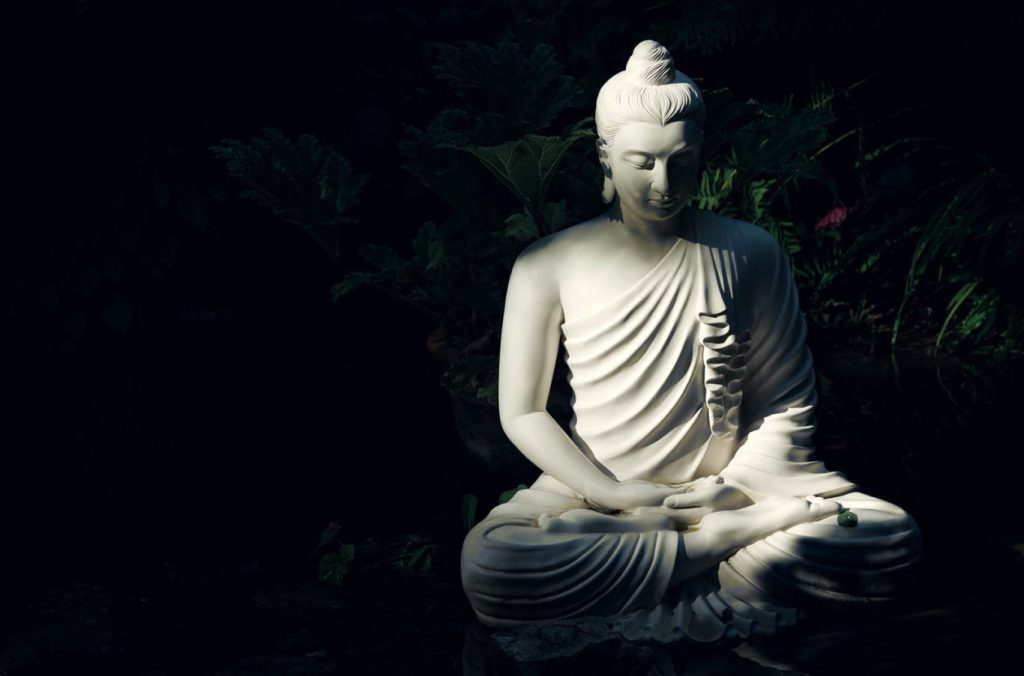
Wisdom
This is the most difficult to obtain. It’s not simply possession of a set of facts. It involves… oh my… I need to go for a bit.
***
Good morning. I had to stop last night because, even with the glucose tablets, my blood sugar kept dropping, and I was no longer able to see the screen properly. My brain began to shut down.
I grabbed a candy bar. That should have moved my blood sugar up considerably. The reading dropped even farther. I got down to 50, and I felt my heart rate increasing. That may well have been fear. I couldn’t think straight at that moment.
I finally made a bowl of cereal. That usually forces me to take a lot of insulin to keep from going up too high, and I knew that, but I did it anyway. I wasn’t going to die if I could help it.
When I began to see colorful spots in front of my eyes, I thought seriously about calling 911. I don’t want to overreact if I can avoid it. Even with Medicare and Medicaid, there will be a bill involved that I can’t possibly pay, and I don’t care to take paramedics away from others who may need them more badly.
After about 20 more minutes, I began to be able to think clearly. My first instinct was to take a shot to counter all the food I just ate. That would probably have been the best choice, but I was still scared to death. I couldn’t bring myself to do it.
That, of course, meant that a couple hours later my alarm went off to warn me my glucose was too high. I took a small shot. I went back to sleep. Two hours later when I woke up, it was over 400, which is high as the Libre can count. I took a bigger shot. I peed on a keto stick to see if I had ketones. Since there were no ketones, I was less concerned. I woke up a few hours later, and I was at 128. That’s as close to perfect as one is going to get.
***
So… to return to how I handle all this, Wisdom also comes into it. As I said before I was attacked by my diabetes, it’s more than being in possession of a set of facts. Last night, I had a set of facts. I knew how to interpret them, and I knew what I was supposed to do to change the things I can. Perhaps I lacked the courage to do what my wisdom told me to do. That’s another sort of balance that is difficult to achieve.
Life is, I suspect, in one form or another, a balancing act for all of us. Was it Socrates who called it The Golden Mean? I could look it up, I suppose, but I don’t care enough to bother. The idea is valuable. We need to decide what is most important at any given moment and pay attention to that detail without losing sight of all the other moments that make up a life. Life is, as John Lennon told us, what happens while we’re busy making other plans. I was planning to write all night. Life happened. Since I managed to recover, I can continue to write this morning.
This is what it is to live daily with the distinct possibility you won’t wake up tomorrow. It’s a matter of accepting that death isn’t the worst thing that can happen, and that we need to make use of the time in front of us because it can be gone suddenly and permanently.
Depression is a big part of the challenge. People with diabetes are 2 to 3 times more likely to have depression than people without diabetes. Only 25% to 50% of people with diabetes who have depression get diagnosed and treated. But treatment—therapy, medicine, or both—is usually very effective. And without treatment, depression often gets worse, not better.
That will be in next week’s episode.
For tonight, let’s enjoy the minutes we still have. Let’s embrace the life in front of us because we have no idea how much more of it we have left. Let’s Shine while we can.



